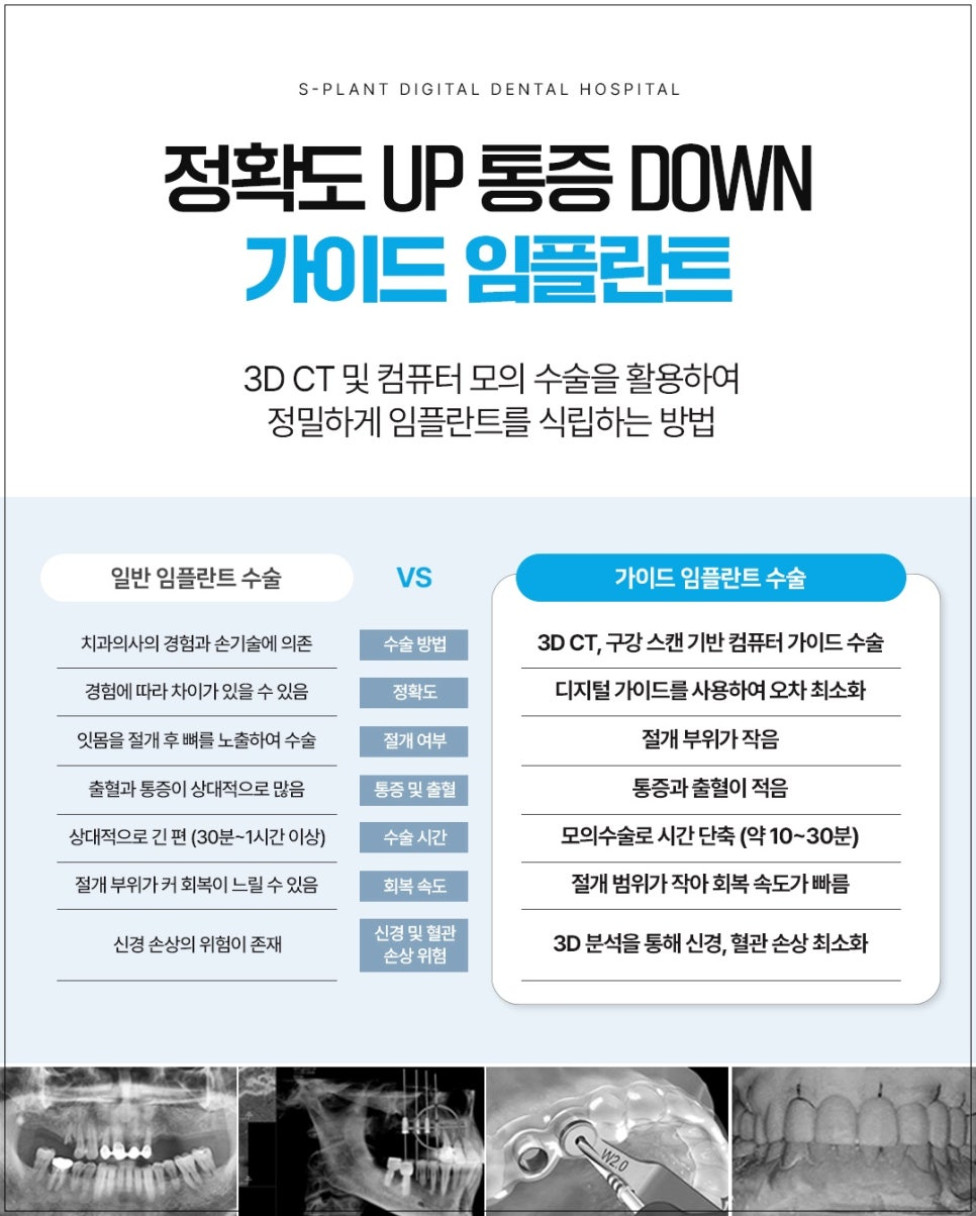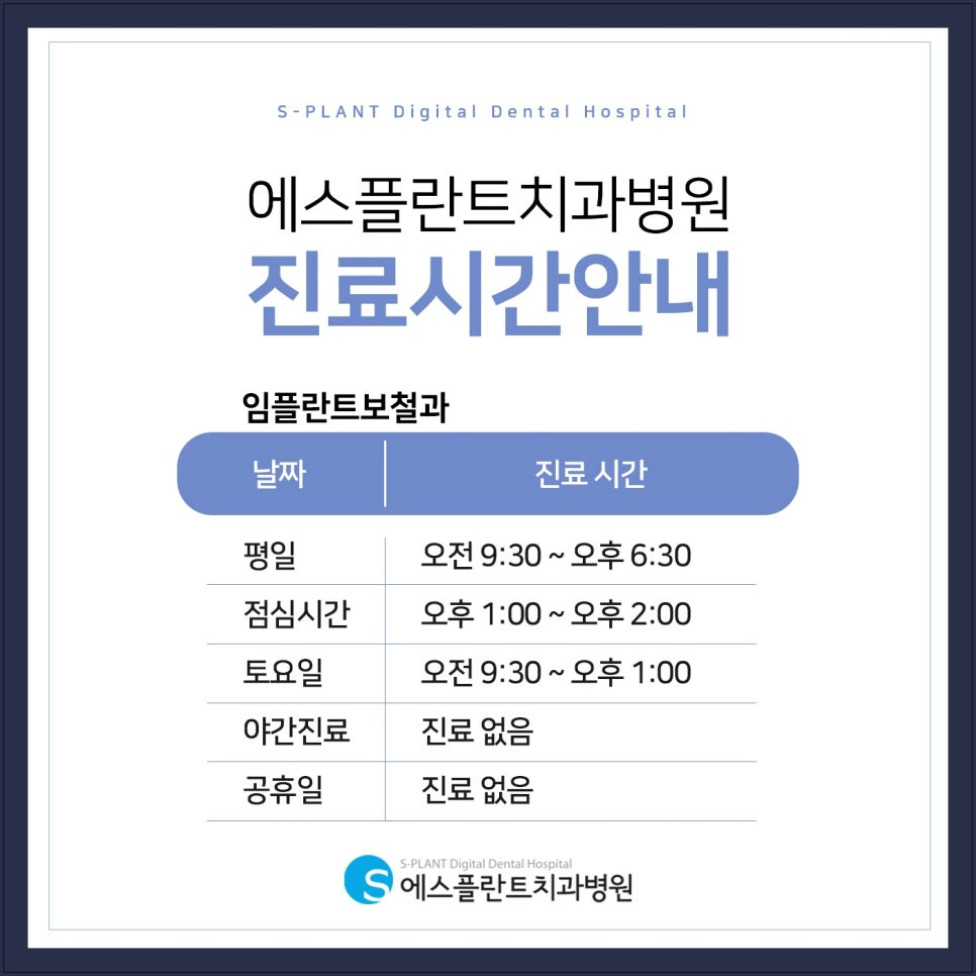Restoring Oral Balance with Dental Implants in Your 40s

Many people attribute oral health issues to age and neglect treatment. However, neglecting gum treatment can lead to gum recession and bone loss, potentially resulting in tooth extraction.
Poor oral hygiene can escalate from gingivitis to periodontitis, so timely intervention is crucial. Dental clinics with experienced and skilled medical staff offer consultations and treatments that can bring positive changes. Therefore, it's advisable to promptly seek dental check-ups for even minor symptoms.
"1" Ensuring a Strong Gum Structure
Gums are essential for anchoring and supporting teeth. Even strong teeth cannot function properly with weak gums.
The problem is that periodontal disease often lacks noticeable early symptoms, making it easy to miss the treatment window. Periodontitis can lead to bone damage. Middle-aged individuals are particularly vulnerable due to lower gum tissue regeneration and weakened immunity. Regular scaling and check-ups are therefore essential.
"2" Why Proper Brushing Habits Matter
In the early stages, scaling to remove tartar can be sufficient to preserve natural teeth. If inflammation has penetrated deep into the gums, root planing or curettage may be considered.
Proper brushing is vital for maintaining healthy teeth and gums. Brush 2-3 times daily, ideally within 30 minutes after meals. Thoroughly clean the gumline and use dental floss and a tongue cleaner for comprehensive oral hygiene.
Older adults with weakened gums and worn teeth should use a soft toothbrush and gum-friendly toothpaste. Regular dental visits are also important to monitor oral health and receive necessary treatment.
This positively impacts not only dental health but also overall well-being. Oral health influences social confidence. A bright smile enhances interpersonal relationships and improves quality of life. Tooth loss involves more than just functional impairment.
"3" Dental Implants in Your 40s: What Happens If You Leave a Missing Tooth Untreated?
Losing a visible tooth, like a front tooth, can diminish self-confidence and negatively affect social interactions and professional life.
This can lead to covering the mouth when smiling, reduced self-esteem, and even depression. Therefore, restorative treatments like dental implants in your 40s are crucial to fill the gap. Dental implant treatment restores tooth function and appearance, resulting in high patient satisfaction.
Implants offer both aesthetics and functionality, helping patients regain confidence and positively impacting eating and speaking abilities. Given its significant impact on oral health and quality of life, prompt treatment is recommended.
"4" What Treatment Options Restore Chewing Strength and Appearance?
Treatment options for replacing missing teeth include dental implants, bridges, and dentures. Dentures, commonly used by seniors, involve placing artificial teeth on the gums. This is relatively simpler and more affordable than dental implants.
The removable design facilitates oral hygiene. Bridges, on the other hand, are structures that connect to adjacent teeth to support the replacement tooth. They offer excellent aesthetics due to their resemblance to natural teeth.
Dental implants involve placing an artificial root into the jawbone, connecting it to an abutment and a crown. Made from biocompatible titanium, they do not affect adjacent teeth and can be placed independently. Recent advancements have minimized pain and swelling associated with implant placement.
Pre-treatment planning using 3D CT scans considers bone quantity, nerve location, and gum and tooth health to minimize errors and shorten treatment time. The procedure involves creating small holes or avoiding gum incision altogether, reducing bleeding and inflammation.
Despite the many advantages, long-term maintenance is crucial for dental implants. Neglecting this can lead to peri-implantitis, potentially requiring re-implantation. Peri-implantitis is an inflammation around the implant that can lead to bone loss.
Implants are more sensitive than natural teeth, requiring diligent post-treatment care. Regular check-ups and scaling are essential for early detection of inflammation. Dental clinics provide thorough aftercare to help maintain long-term oral health.




























Source :https://blog.naver.com/snjht21/224036900575
No comments yet.
